By common consent, including Bafta’s, The People v. O.J. Simpson: American Crime Story was one of the best TV dramas of 2016. Produced by Ryan Murphy, it laid out the story in a beautifully clear, largely chronological way that made us appreciate, all over again, just how strange the whole O.J. business was — not least thanks to the wider social forces at work. Now, we’ve got The Assassination of Gianni Versace: American Crime Story (BBC2, Wednesday), also produced by Ryan Murphy and also tackling an event from the 1990s that manages to seem both shockingly particular and neatly revealing of more general trends.
At which point, all similarities end, because here Murphy (who also directed the first episode) takes a far more fragmented and less viewer-friendly approach. The show hops backwards and forwards in time, showing us scenes and several unnamed minor characters that are yet to be linked, and for quite long stretches it appears perfectly content to leave us somewhere between intrigued and baffled.
Last week’s first episode, for example, began with a long, pre-credits sequence that intercut scenes of Versace’s highly agreeable life in his (literally) gilded Miami Beach villa with regular sightings of a handsome young man beside the ocean, alternately reading a history of Vogue and fondling a gun. The man then headed to the villa, saw Versace returning from a morning stroll and shot him dead. The sequence certainly established the programme’s ability to blend sumptuous visuals with the slow cranking-up of something very sinister indeed. But it also demonstrated an equally characteristic willingness to be deliberately enigmatic about what on earth was going on — and, more specifically, why.
Two episodes on, and we’re not much the wiser. We do know that the killer, Andrew Cunanan, had already murdered four men when he arrived in Miami Beach a few weeks before Versace’s death in July 1997. Yet, the details of his background, crimes and motives still remain distinctly mysterious. Admittedly, Cunanan was a fantasist, a compulsive liar or both, telling different people different stories wherever he went. Nonetheless, the drama could presumably have set at least some of the record straight by now. So why hasn’t it? The reason, I’d suggest, is a pretty good one: to make us realise that, when it comes to a man as weirdly malevolent as this, being somewhere between intrigued and baffled is an entirely justified response.
Meanwhile, the snapshots of Cunanan’s past also served as snapshots of gay life in the late 1990s, a time when a treatment for Aids had finally been found, and when, it seems, the obvious sense of relief was combined with a feeling of mild incredulity, as people slowly recovered from a collective trauma. For their part, Versace and his partner Antonio were faced — perhaps not uniquely — with the choice of whether to throw themselves cheerfully into their old promiscuous ways or to opt for cosy monogamy.
Despite the strength of the individual scenes, Darren Criss’s fantastically unsettling performance as Cunanan and an impressive supporting cast — including Penelope Cruz as Versace’s sister Donatella and Ricky Martin as Antonio — it’s clear that for viewers of The Assassination of Gianni Versace a certain degree of patience will be required. Luckily, those very same things also give us enough confidence in the show to believe that our patience will ultimately be rewarded.
The spoof documentary This Country began last year on BBC3 (it still exists, apparently), where it became such a deserved word-of-mouth hit as to earn itself a BBC1 slot, albeit tucked away after Match of the Day. Now, it’s back for a slightly more prominent series on BBC1 — and, if Tuesday’s episode is anything to go by, poised to take its rightful place as an all-conquering comedy triumph, rather than a cult success.
The setting is the Cotswolds, but very possibly as you’ve never seen them before: not the backdrop to some lush Sunday-night heart-warmer, but a place of run-down council houses and overwhelming boredom, where the people we meet lead lives that the average Beckett character might consider a bit uneventful.
The show is written by Charlie and Daisy May Cooper, a brother and sister who themselves grew up in the area and whose motives here seem to be a winning mix of defiance, vengeance and reluctant affection. They also star as the young cousins Kurtan and Kerry, who hang out together a lot because… well, what else would they do?
Almost every line Kurtan and Kerry speak is a miraculous fusion of the inadvertently comic and the inadvertently tragic — and all without a trace of writerly condescension. In lesser hands, the result might be almost too bleak to bear. In the Coopers’, it not only turns out to be one of the funniest things on television, but at times comes inexplicably close to the joyous.
Got something to add? Join the discussion and comment below.
Get 10 issues for just $10
Subscribe to The Spectator Australia today for the next 10 magazine issues, plus full online access, for just $10.
You might disagree with half of it, but you’ll enjoy reading all of it. Try your first month for free, then just $2 a week for the remainder of your first year.

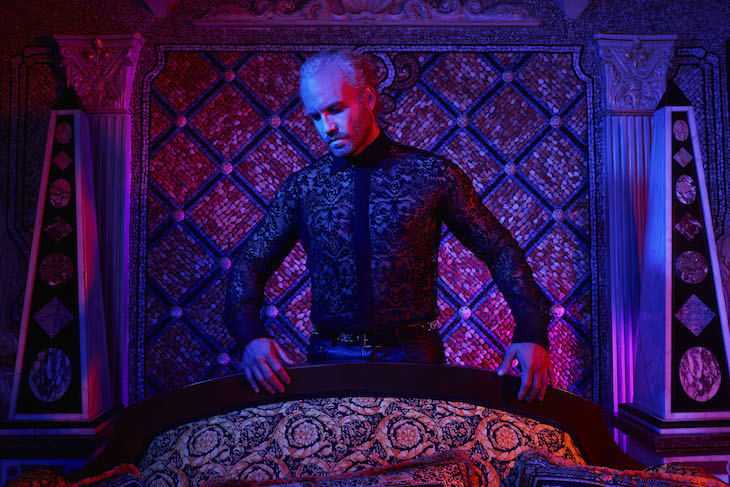
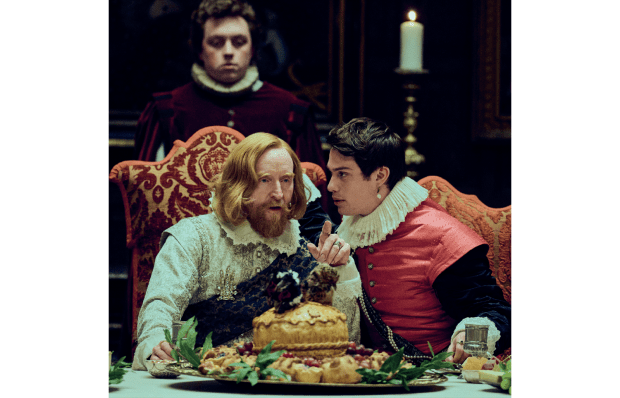
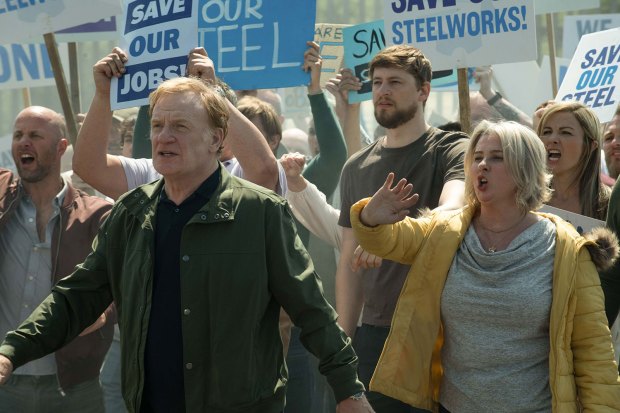

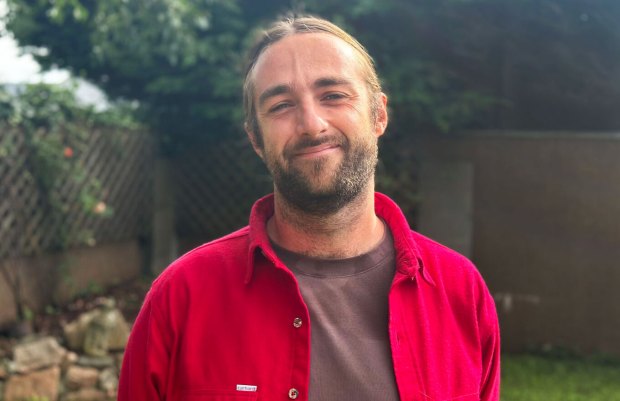
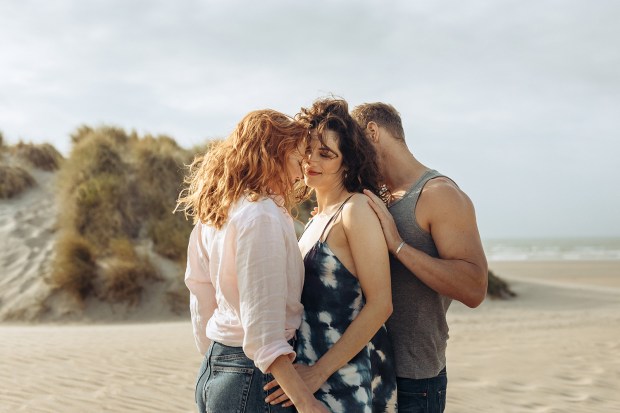
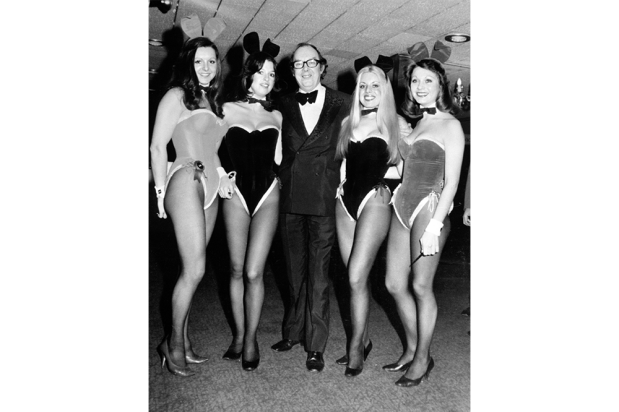






Comments
Don't miss out
Join the conversation with other Spectator Australia readers. Subscribe to leave a comment.
SUBSCRIBEAlready a subscriber? Log in